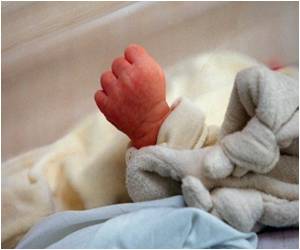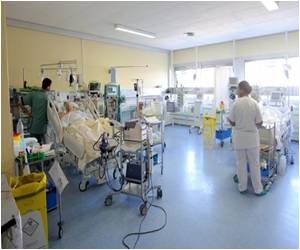
‘Use of a common nonprescription antimicrobial, triclocarban (TCC), during pregnancy and breast-feeding may alter the offspring's composition of intestinal bacteria and other micro-organisms.’
Tweet it Now
"Our research adds to the growing body of scientific literature suggesting unintended health consequences related to nonprescription antimicrobial use and will allow pregnant and nursing mothers to make informed decisions regarding use of these antimicrobial products," she said.In previous work, Kennedy and her colleagues found that TCC passes through breast milk from rat mothers to their young, an exposure pathway that is relevant to humans. In their new work, the investigators studied the consequences of TCC exposure early in life on gut microbiota.
The researchers fed female rats chow supplemented with TCC throughout pregnancy and a 16-day nursing period after the rat pups were born. They collected fecal samples from the maternal rats during pregnancy and nursing. From the nursing pups, they collected the contents of the cecum, an area connecting the small and large intestines that typically undergoes sampling in animal models to test the gut microbiota, according to Kennedy.
The investigators then performed DNA sequencing of the gut microbiota from the collected samples. They compared the results with gut microbiota analysis of rats and their pups that were not exposed to TCC.
Compared with unexposed rats, TCC exposure led to a reduced average number of microbial taxa present in each sample among mother rats and pups, the researchers found.
Advertisement
"The ability of TCC antimicrobial exposure to change the composition of the microbial community warrants future investigation to determine the health outcomes resulting from TCC exposure during sensitive windows of prenatal development and early life," Kennedy said.
Advertisement
Source-Newswise














